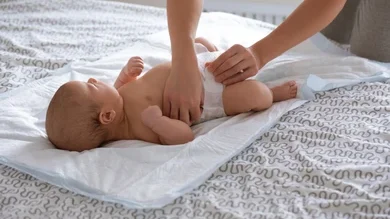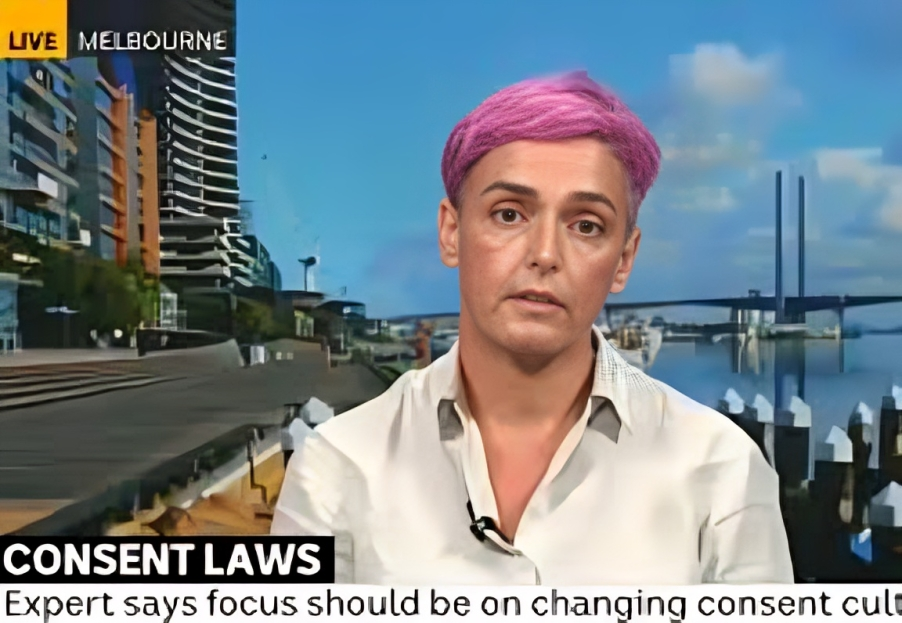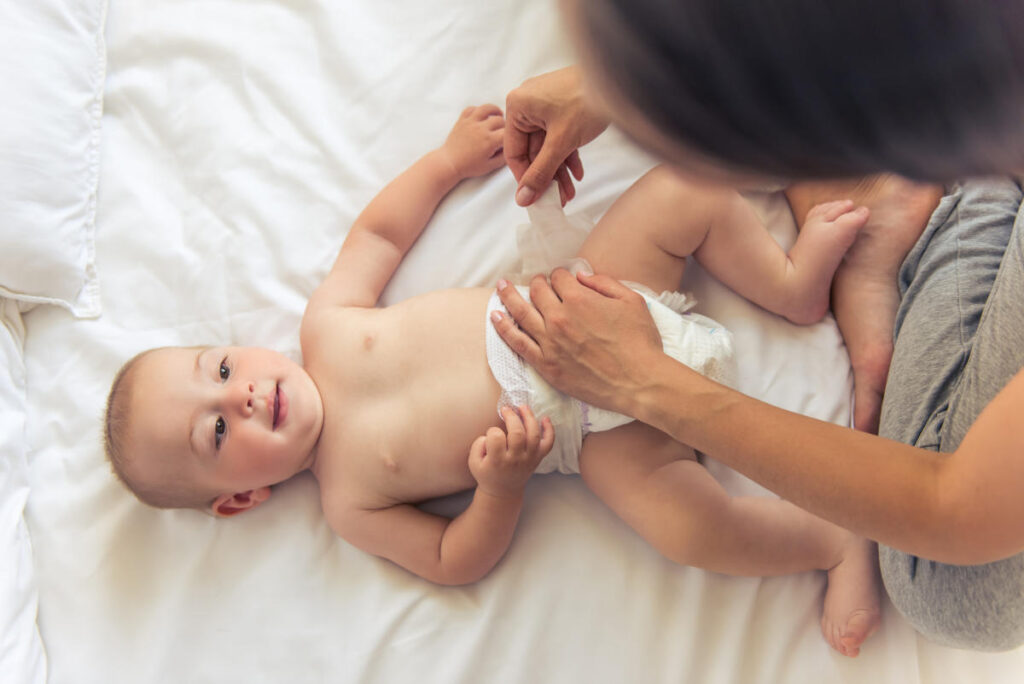
Diaper changes are a routine part of parenting, often seen as an unavoidable, even unpleasant task. However, recently, a sexuality educator sparked a new conversation by suggesting that parents ask for their babies’ consent before changing their diapers. In an interview with ABC News on May 8, Deanne Carson explained that she teaches parents how to create a “culture of consent” starting from birth. She encourages parents to communicate with their babies, asking things like, “I’m going to change your diaper now, is that OK?”

Of course, a baby can’t answer with words. But Deanne explains that parents should look for non-verbal cues like eye contact or body language. By pausing and waiting for these signs, the baby’s response, even if unspoken, is acknowledged. This approach is aimed at teaching babies that their body autonomy matters, even before they can speak.
Since the interview, Deanne’s suggestion has been widely criticized, with many questioning its practicality. But she defends her position, saying her message has been misunderstood. According to Deanne, her aim isn’t for babies to understand consent in the way adults do, but rather to lay the foundations of consent early on.

She compares this to reading to a baby, saying, “We read to young children without expecting them to read back or fully understand the story,” and similarly, teaching consent can lay the groundwork for understanding boundaries and respect.
Some critics argue that babies depend on their parents for basic care, including hygiene, and shouldn’t be asked for consent in situations like diaper changes. But Deanne believes that small gestures, like asking about a baby’s preferences (e.g., “Would you like a banana?”), can help them develop an understanding of consent.

By creating an environment where a child’s opinions and body are respected, they may grow up with healthier relationships and a deeper understanding of consent in the future. Whether or not parents fully adopt this practice, the idea of teaching consent from an early age has sparked important conversations about boundaries and respect.
